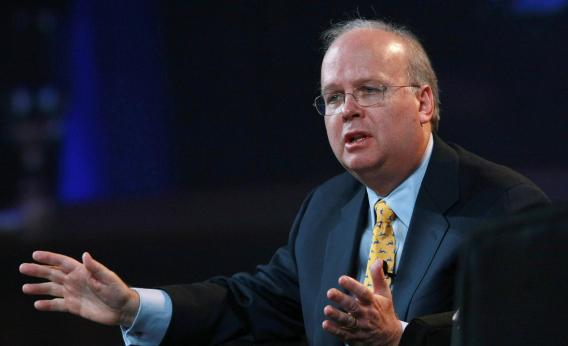Two years after running their 2010 midterm election campaign largely as a crusade against big money in politics, Democrats have essentially given up on seizing the moral high ground. Barack Obama’s re-election campaign is even helping his Super PAC, Priorities USA, raise money.
But there’s a partisan gap in terms of which outside groups are disclosing their early general election spending, according to a new report from the Center for Responsive Politics. Democratic-aligned groups like Priorities and labor groups are disclosing just about all of their ad spending, while Karl Rove’s Crossroads GPS, the Koch brothers-backed Americans for Prosperity, and other conservative players are keeping it a bit closer to the vest. This isn’t just because the conservative groups don’t like disclosure, but also because more of their spending has been by 501(c)(4) “social welfare” groups that can avoid disclosure requirements:
Less than one-third of all general election presidential ad spending by these groups was actually disclosed. Another way of putting it: More than two-thirds of the “air war” currently under way is coming from the equivalent of predator drones or stealth bombers flying under outdated radar designed to identify an earlier generation of spender.
